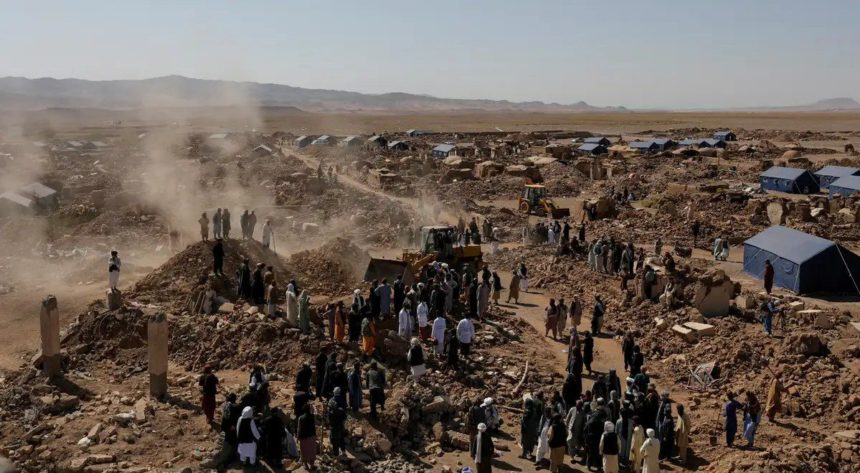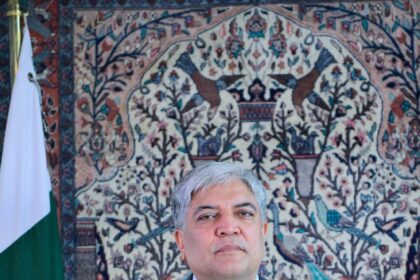RASC News Agency: Following the recent seismic activity in Herat province, which resulted in devastating casualties and widespread damage, the World Health Organization (WHO) is urgently calling for a budget of $7.9 million to provide crucial assistance to the victims. In a statement released on Thursday, October 19, the organization emphasized the dire need for life-saving health interventions for the approximately 114,000 individuals affected by the recent earthquakes in Herat.
Disturbingly, statistics provided by the WHO reveal that over 90 percent of those who lost their lives or sustained injuries in these earthquakes belong to vulnerable communities, including women, girls, and boys. The impact on these already marginalized groups is truly severe.
A staggering report by the organization indicates that the earthquake has caused significant damage to at least 40 health centers across nine districts of Herat. Consequently, approximately 58,000 people face tremendous difficulty accessing essential healthcare services. This situation is particularly worrying in light of the fact that the United Nations Office for the Coordination of Humanitarian Affairs had previously estimated that addressing the needs of the Herat earthquake victims across multiple sectors would require $93.6 million in funding.
Moreover, the World Food Program had earlier stated that $19 million was urgently needed to provide assistance to tens of thousands of victims affected by the Herat earthquakes. This underscores the gravity of the situation and the extensive support required to address the vast scale of the disaster.
In a United Nations report, it was revealed that over 43,000 individuals have been directly impacted by these earthquakes, which have also resulted in the destruction of more than 3,330 houses. The toll on lives and infrastructure is truly devastating.
It is crucial to emphasize that the recent earthquakes in Herat province have created a catastrophic situation, with thousands of lives lost and numerous individuals sustaining injuries. Additionally, a previous report by an international organization highlighted the mental and psychological disorders, as well as nerve shock, experienced by girls and women who survived these earthquakes. Their resilience and well-being must also be taken into account during the recovery efforts.
Given the immense scale of the destruction and the urgent need for comprehensive assistance, the WHO is calling for swift and substantial funding to provide critical healthcare and support services to the affected communities. Immediate action is vital to alleviate the suffering and aid in the recovery process in Herat province.






